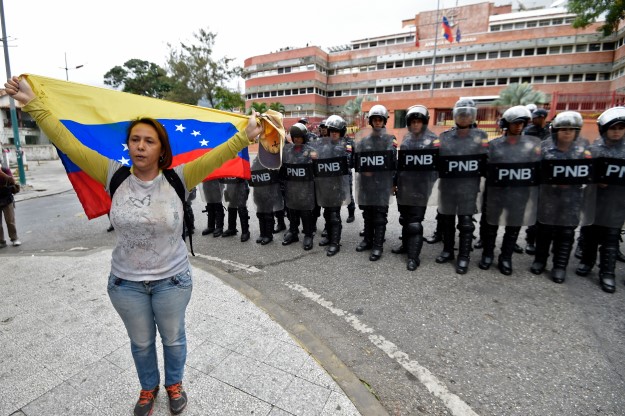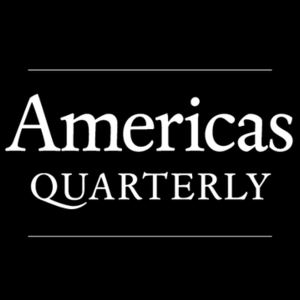BY OLIVER STUENKEL | MAY 7, 2019
International observers often fail to consider the many challenges that Venezuela will face after Maduro is gone.
https://www.americasquarterly.org/content/even-after-maduros-departure-odds-are-against-venezuela
Over the past several years, international commentators have repeatedly underestimated Nicolás Maduro, deriding his lack of charisma and doubting that he’d survive much longer as Venezuela’s president. But with the support of the armed forces, the police and informal militias, Maduro’s shrewd Machiavellian instincts have allowed him to remain in power despite destroying his country’s economy, imprisoning hundreds of political opponents, and forcing nearly 10% of the population to flee.
Maduro’s luck will eventually run out, although the men with guns do not seem in a hurry to abandon him. But the sobering truth is that whoever succeeds him will have to be a master of frustrating expectations – and be willing to disappoint many actors both inside and outside of the country who dream of a “clean break” with the past. In the ideal scenario, Venezuela’s transition will be a slow, messy process involving painful compromises.
There is a belief, possibly due to wishful thinking or oversimplification, that ousting Maduro and organizing free elections will quickly solve Venezuela’s main problems. While putting an end to Maduro’s terrible reign is a necessary condition to overcome the crisis, it will not automatically stabilize the country politically and economically, even if the international community is patient enough to provide massive aid to Venezuela for years.
First, Maduro’s successor will have to satisfy the broad popular desire to turn the page and punish those responsible for corruption and human rights violations during chavismo. The pressure to organize a witch hunt against Maduro allies will be enormous. Many Venezuelans despise the National Bolivarian Police (PNB), in particular its Special Action Forces (FAES) – essentially a death squad used to attack political opponents – and will expect punishment for its members.
Yet at the same time, to maintain order the next government will need to depend on the armed forces and police, neither of which will be inclined to allow a thorough investigation into past abuses. The compromise will probably involve a few high-profile trials combined with a broad amnesty for the rest, generating an outcry among many of Maduro’s critics.
Given that a bloated group of generals – Venezuela has almost 2,000 – have little incentive to give up the enormous privileges and wealth they have amassed in recent years, the armed forces are bound to continue to play a key role in the country’s economy and politics. It is quite likely that…
Read full article here.










